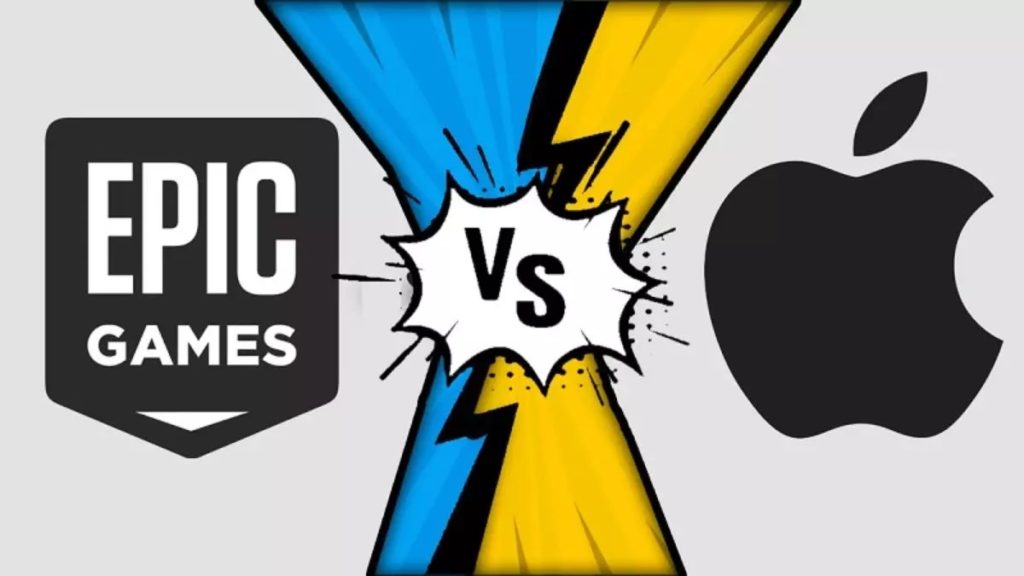Yesterday Epic Games appealed one portion of its legal dispute with Apple to the U.S. Supreme Court. Now Apple has now done the same for the portion that was ruled in Epic’s favor, reports Bloomberg.
The article says the tech giant has asked the US Supreme Court to review a judge’s ruling from two years ago that could diminish the billions of dollars in revenue its App Store generates by letting app developers direct users to alternative payment methods.
What’s more, Epic is laying off 830 employees, or 16% of its workforce. As noted by Epic CEO Tim Sweeney in a memo sent out to employees and shared on the company’s website said that it has been “spending way more money” than it earns to grow Fortnite, and other efforts to cut costs have “ended up far short of financial sustainability.”
Sweeney says that layoffs are the only way to stabilize the company’s finances. Employees will be provided with severance that includes six months of base pay and six months of paid healthcare.
As for the fight against Apple, Sweeney claims that Epic Games is taking steps to cut down on legal expenses, but will continue on with its legal battles so the “metaverse can thrive and bring opportunity to Epic and all other developers.”
This is all part of an ongoing global legal battle between Apple and Epic. On Aug. 13, 2020, Epic Games announced that it had introduced a new direct payment option in the Fortnite app for iPhone and iPad, allowing players to purchase 1000 V-Bucks for US$7.99 rather than $9.99 through Apple’s in-app purchase mechanism. Shortly thereafter, Apple removed the gamer from the App Store for violating store polices and followed up by shutting down the company’s developer account.
Epic immediately filed a lawsuit against Apple in the U.S. District Court for the Northern District of California.In September 2020 Apple filed a countersuit to stop the game maker from using its own payment system for Fortnite. Apple also accused Epic of theft and sought extra monetary damages beyond breach of contract.
In September 2021, U.S. District Judge Yvonne Gonzalez Rogers ruled that Apple’s anti-steering conduct is anti-competitive, but ruled in favor of Apple on all other counts.
In a 185-page ruling, Rogers said “the Court cannot ultimately conclude that Apple is a monopolist under either federal or state antitrust laws,” but she said the trial “did show that Apple is engaging in anticompetitive conduct under California’s competition laws.” Rogers concluded that “Apple’s anti-steering provisions hide critical information from consumers and illegally stifle consumer choice.”
She ruled that Epic Games had to pay damages equal to 30% of the $12,167,719 in revenue that it collected from users in the Fortnite app on iOS through the direct payment option between August 2020 and October 2020, plus 30% of any such revenue Epic Games collected from November 1, 2020, through the date of judgment, plus interest.
Article provided with permission from AppleWorld.Today

